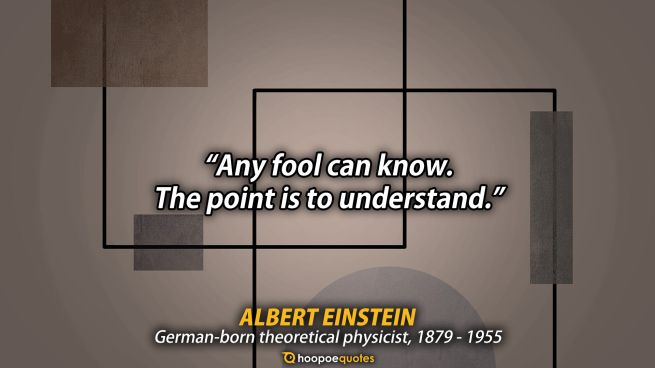Disclosure: This post may contain affiliate links, meaning we get a commission if you decide to make a purchase through our links, at no cost to you.
Breaking Down Einstein's Wisdom
Alright, let's kick things off with a bang: Knowledge is great, but imagination? That's where the real magic happens. You know who said that? The genius himself, Albert Einstein. This dude wasn't just a theoretical physicist who revolutionized science; he was also a master of dropping wisdom bombs that still resonate today. One of his most famous quotes goes, “Imagination is more important than knowledge. For knowledge is limited, whereas imagination embraces the entire world, stimulating progress, giving birth to evolution.” Let's dive into why this quote is still a powerhouse of inspiration and how it can light a fire under your creative ass.

Imagination vs. Knowledge: The Real Showdown
Einstein wasn't dissing knowledge. Nope, he knew its value more than anyone. But he also understood that knowledge has its limits. It's the stuff we already know, the facts and figures crammed into our brains. Imagination, though? That's the wild, uncharted territory. It's the ability to dream up new ideas, to think beyond the box, to see what isn't there yet.
Think about it: Knowledge can tell you how to build a house, but imagination? That’s what designs a skyscraper reaching for the stars. It’s the difference between knowing the rules of a game and inventing a whole new sport. Einstein saw imagination as the spark that ignites progress and fuels evolution.
Einstein's Context: More Than Just a Mad Scientist
Einstein wasn't your average lab coat-wearing nerd. Born in 1879, he grew up to change the way we understand the universe with his theory of relativity. But his brilliance wasn’t confined to equations and experiments. He had a knack for seeing the bigger picture, for understanding that progress isn’t just about what we know, but about what we can envision.

When Einstein talked about imagination, he was speaking from experience. His groundbreaking ideas didn’t come from textbooks—they sprang from his ability to imagine possibilities beyond the known. He saw connections others missed and wasn’t afraid to chase those wild ideas.
The Bigger Picture: Philosophical and Psychological Implications
Historically, imagination has been the driving force behind every major leap in human progress. Philosophers like Plato and Aristotle knew this, even if they didn’t put it in exactly the same words. They understood that the ability to think beyond the immediate reality is what drives us forward.
From a psychological standpoint, imagination taps into our deepest potentials. It’s linked to creativity, problem-solving, and innovation. It’s what allows us to empathize, to envision ourselves in someone else’s shoes, and to dream of a better world. Societally, imagination fuels art, culture, and technology. It's why we have smartphones and space travel and epic movies that make us cry and cheer.

Imagination in Today's World: More Relevant Than Ever
Fast forward to today, and Einstein’s words ring truer than ever. In a world drowning in data and information, imagination is the lifeboat. It’s what drives startups to disrupt industries, artists to create masterpieces, and activists to envision a just society.
Look at any major innovation in recent years, and you'll find a seed of imagination at its core. The tech giants like Apple and Google? Born from someone’s wild dream. Social movements like Black Lives Matter and Me Too? Fueled by the collective imagination of a fairer, more just world.
Personal Reflection: Taking Einstein’s Advice to Heart
So, what’s the takeaway here? Simple: Don't just fill your brain with facts. Let your imagination run wild. Dream big. Challenge the status quo. See what others don’t and dare to bring it to life.
How can you integrate this into your life? Start by setting aside time to daydream, to brainstorm without limits, to doodle and wonder. Surround yourself with people who inspire you, who push you to think differently. And most importantly, don’t be afraid to chase those crazy ideas—they’re the ones that change the world.

To sum it all up, Einstein wasn’t just talking about science when he championed imagination. He was talking about life. He knew that while knowledge is important, it’s imagination that truly drives us forward. So, embrace your inner dreamer. Let your imagination soar. And remember, the next big idea that changes everything could very well come from you.
References and Further Reading
- Isaacson, W. (2007). Einstein: His Life and Universe.
- Kaufman, S. B., & Gregoire, C. (2015). Wired to Create: Unraveling the Mysteries of the Creative Mind.
- Robinson, K. (2011). Out of Our Minds: Learning to be Creative.
For more on imagination and creativity, check out these reads and get ready to unleash your inner genius. And hey, why not scribble down some of your wildest ideas? You never know which one might just change the world.













